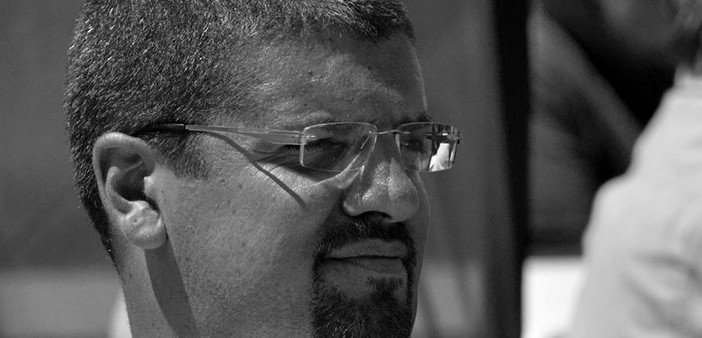In the introduction to the symposium “Republic, Secularism, Current State” held in Nice on June 18 with participants including Jean-François Khan, Ghaleb Bencheikh, and Gilles Kepel, Eric Ciotti delivered a summary of his thoughts on the subject, which contains at least three fundamental errors:
1. Secularism is not a value
Éric Ciotti proposes to add secularism to the motto of the French Republic.
However, while liberty, equality, and fraternity are values, secularism is a legal framework. It guarantees freedom of conscience, the free exercise of worship in compliance with public order, the separation of churches and the state, and the neutrality of public authorities concerning religion. Treating it as a value tends to essentialize it, making it an absolute, whereas it is merely a method of exercising power and framing religious matters. The notion that men are free, equal, and brothers is a republican ideal. That the state does not acknowledge or favor any official religion over another is a mode of governance.
2. Secularism is not variable
If Eric Ciotti decries the retreat of secularism and calls for uncompromising firmness towards Islam, it is to better reaffirm the Christian identity of France.
He thus proposed, under the guise of a rich historical past, to inscribe the Christian roots of France in the Constitution. Similarly, under the guise of tradition, he installed nativity scenes at Christmas in the buildings of the Alpes-Maritimes Department. However, if secularism implies the neutrality of the state in religious matters, it applies equally to all religions. Secularism is the same for everyone. It cannot serve as a pretext to reaffirm the primacy of one religion and cultural belief system over another. Cultural differentialism, which imposes the legitimacy of one culture or civilization over another, is, in reality, just a new form of soft racism. And if the 1905 law prevents the French Republic from recognizing any religion as the state religion over another, it is not to later recall its “confessional” roots.
3. Secularism is not the rejection of a religion
If the 2010 law prohibits the wearing of the burqa, it is for security reasons to allow the identification of individuals.
If the 2004 law prohibits conspicuous signs, it is only in schools and for minors.
If secularism imposes neutrality on religion in public spaces, this neutrality applies only to state representatives and not to citizens who have the right to wear a kippah, cassock, or headscarf in the street.
By wanting to extend neutrality regarding religion and thus wishing to ban the wearing of religious symbols by all public service users, private sector employees, university students, and eventually everyone in the street and public space, Éric Ciotti turns secularism into a negation of religion, a constrained secularism, exclusively punitive, whereas by guaranteeing each individual’s freedom of worship within the law, it remains primarily an emancipatory principle.
Eric Ciotti advocates not a firm or uncompromising secularism but a radicalized one, a vision that departs from secularism to reach beyond the French secular model, contradicting the 1905 law and our Constitution.
The near-obsessive affirmation of the primacy of Christian culture over Islam can only further hinder social cohesion. The logic of a clash of civilizations is thus imported into France through a harmful identity war.
Ultimately, despite the fine phrases and lofty principles, the entire symposium organized by Éric Ciotti is merely a subtle and refined diatribe to reiterate what the National Front has long been asserting in a rougher manner: “this is our home.”
by David Nakache


